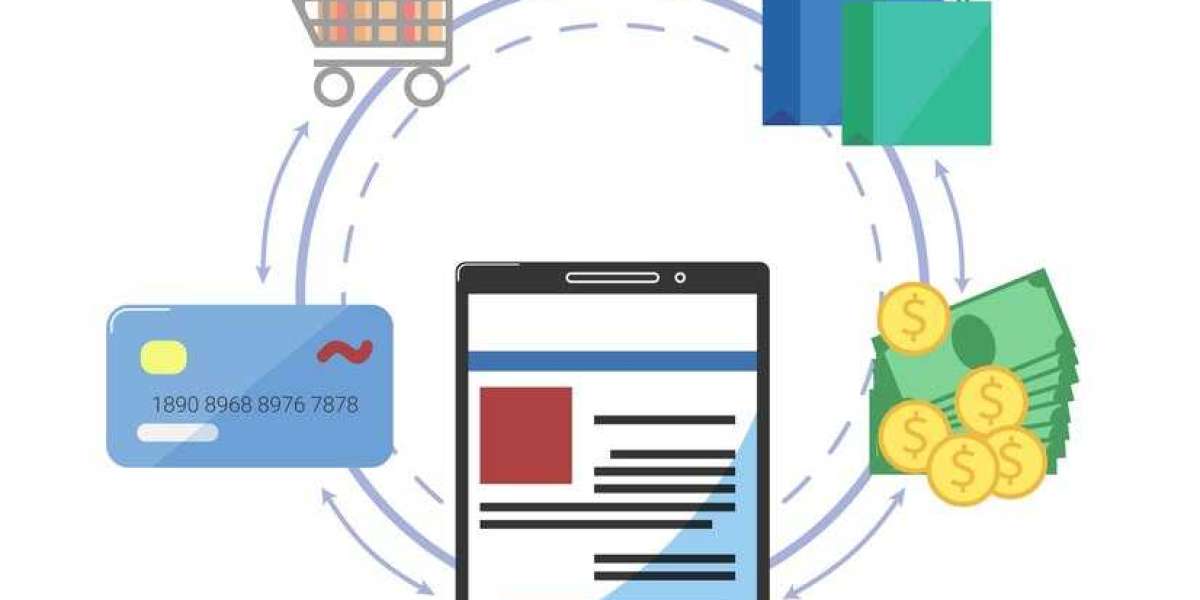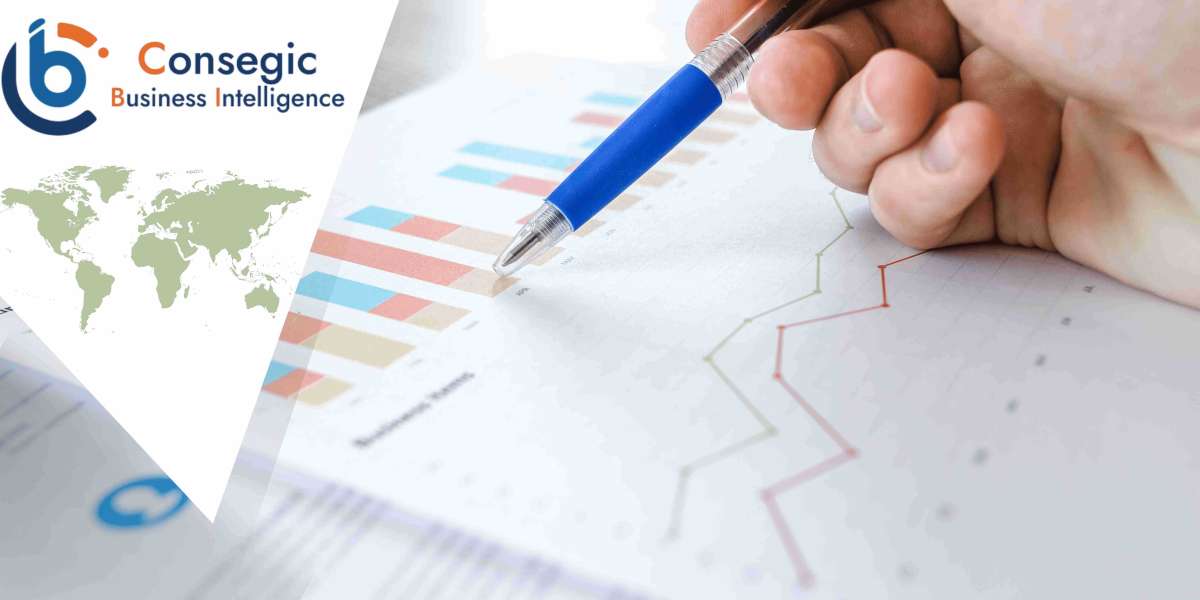In today's fast-paced digital world, payment gateways have become a critical part of e-commerce and online transactions. They facilitate seamless payments between customers and merchants, ensuring that money transfers are secure, quick, and efficient. In Pakistan, the rise of online shopping, digital banking, and fintech startups has led to a growing demand for reliable and user-friendly payment gateway in Pakistan. This blog explores the landscape of payment gateways in Pakistan, how they work, the top platforms available, their benefits, challenges, and the future of digital payments in the country.
What is a Payment Gateway?
A payment gateway is a technology that facilitates the transfer of information between a payment portal (such as a website, mobile app, or POS) and the acquiring bank. In simpler terms, it is an online service that allows businesses to accept payments made via credit cards, debit cards, and digital wallets.
Payment gateways ensure that sensitive information, like credit card details, is securely transmitted between the customer, the merchant, and the bank. They act as the "middleman" in an online transaction, verifying the payment information, approving or declining the transaction, and ensuring that funds are transferred correctly.
In Pakistan, the use of payment gateways has increased due to the surge in e-commerce platforms, online services, and mobile banking apps, which makes the use of online transactions more convenient for both businesses and consumers.
How Do Payment Gateways Work?
Understanding the mechanics of a payment gateway can help businesses and consumers alike in appreciating its significance. Here is a step-by-step breakdown of how a payment gateway functions:
- Customer Initiates Payment: When a customer purchases a product or service online, they enter their payment details, such as card number, expiry date, and CVV, or choose a digital wallet.
- Encryption and Data Transmission: The payment gateway encrypts the sensitive payment details and transmits them securely to the acquiring bank (the merchant's bank).
- Authorization Request: The acquiring bank forwards the transaction details to the customer’s bank (issuing bank) for authorization. The issuing bank checks if the customer has sufficient funds and whether the transaction request is valid.
- Approval or Decline: Based on the checks, the issuing bank either approves or declines the transaction. The response is sent back through the payment gateway to the merchant’s website or application.
- Completion of Transaction: If the transaction is approved, the payment is processed, and the customer receives a confirmation message. If it is declined, the customer is informed, and they may try an alternative payment method.
- Settlement of Funds: Once approved, the funds are transferred from the customer’s account to the merchant's account, completing the transaction.
Top Payment Gateways in Pakistan
Pakistan has seen the emergence of several reliable payment gateways, each with its own unique features and services. Here are some of the top payment gateways available in the country:
1. JazzCash
JazzCash, operated by Jazz (one of Pakistan’s largest telecom companies), is a leading mobile financial service provider in Pakistan. JazzCash offers a robust payment gateway for online businesses, allowing them to accept payments via mobile wallets, debit/credit cards, and bank transfers. With its widespread reach, JazzCash is ideal for small and medium-sized enterprises (SMEs), freelancers, and e-commerce platforms.
2. Easypaisa
Easypaisa, owned by Telenor Pakistan, is another popular mobile wallet service and payment gateway. It allows businesses to accept payments through Easypaisa mobile wallets, credit/debit cards, and bank transfers. Easypaisa’s extensive agent network across Pakistan makes it accessible to both urban and rural areas, offering an inclusive payment solution for businesses of all sizes.
3. HBL Pay
HBL Pay is a payment gateway solution provided by Habib Bank Limited (HBL), one of Pakistan’s largest banks. It enables merchants to accept online payments from Visa, MasterCard, and UnionPay cards. HBL Pay is known for its secure and efficient transactions, making it a preferred choice for larger businesses and enterprises.
4. UBL Go Green Payment Gateway
United Bank Limited (UBL) offers the UBL Go Green Payment Gateway, a digital payment solution for e-commerce platforms and businesses. It supports multiple payment options, including Visa, MasterCard, and UnionPay, and provides real-time transaction processing. UBL's gateway is known for its security and reliability, making it a trusted option for businesses.
5. FonePay
FonePay is a digital payments aggregator that provides a seamless payment gateway service. It integrates with multiple banks and digital wallets, allowing merchants to accept payments via credit cards, debit cards, and mobile wallets. FonePay’s QR code payment system is particularly popular in the retail sector, allowing quick payments through mobile apps.
6. PayFast
PayFast is one of the newer entrants in the Pakistani market, offering a comprehensive payment gateway for businesses. It supports payments through various methods, including credit/debit cards, bank transfers, and digital wallets. PayFast has gained popularity for its user-friendly interface, strong security protocols, and ease of integration with e-commerce platforms.
Benefits of Payment Gateways for Businesses in Pakistan
Implementing a payment gateway in a business brings numerous advantages, particularly in today’s digital-first economy. Here are some key benefits of using payment gateways for businesses in Pakistan:
1. Convenience for Customers
Payment gateways provide a seamless and convenient payment process for customers. They allow customers to choose from various payment methods, including cards, digital wallets, and bank transfers, making the checkout process easier and faster.
2. Enhanced Security
Payment gateways use encryption and tokenization to ensure that sensitive payment information, such as credit card details, is transmitted securely. This reduces the risk of fraud and unauthorized access, building customer trust.
3. Broader Market Reach
By integrating a payment gateway, businesses can expand their customer base by offering online services and accepting payments from anywhere in Pakistan or even internationally. This is particularly beneficial for e-commerce businesses looking to grow.
4. Faster Payments
Payment gateways enable real-time processing, meaning that businesses can receive payments almost instantly. This quick turnaround in funds improves cash flow and helps businesses manage their finances more efficiently.
5. Automation and Efficiency
Payment gateways streamline the payment process, reducing the need for manual intervention in handling transactions. This increases operational efficiency and allows businesses to focus on growth rather than administrative tasks.
Challenges Faced by Payment Gateways in Pakistan
While payment gateways offer many benefits, there are also some challenges that businesses and consumers may encounter:
1. Limited Access to Banking
A significant portion of Pakistan’s population remains unbanked or underbanked, meaning they do not have access to traditional banking services required for digital payments. This limits the reach of payment gateways in rural and low-income areas.
2. Internet Connectivity Issues
Inconsistent or slow internet connections in some areas of Pakistan can hinder the efficiency of online transactions. This can lead to transaction delays, failures, and poor customer experiences.
3. High Transaction Fees
Some payment gateways charge relatively high transaction fees, which can eat into the profits of small businesses. These fees may vary depending on the payment method, amount, and frequency of transactions.
4. Trust and Security Concerns
While payment gateways use encryption and security protocols, concerns about online fraud and data breaches still deter some consumers from using them. Building trust in digital payment systems remains a challenge in Pakistan’s market.
The Future of Payment Gateways in Pakistan
As digital transformation accelerates in Pakistan, the future of payment gateways looks promising. Several factors are driving the growth of digital payments:
- E-commerce Boom: The growth of e-commerce platforms is fueling the demand for efficient payment gateways. As more consumers shop online, businesses will continue to adopt digital payment systems.
- Government Initiatives: The State Bank of Pakistan (SBP) is actively promoting digital financial inclusion through policies and frameworks that encourage the use of mobile banking, e-wallets, and fintech solutions.
- Fintech Innovations: The fintech sector in Pakistan is rapidly evolving, with startups introducing innovative solutions that integrate with payment gateways, making digital transactions more accessible and secure.
- Increased Smartphone Penetration: With more people using smartphones and accessing the internet, digital payments are becoming easier and more widespread, especially through mobile apps.
Conclusion
Payment gateways are playing a pivotal role in transforming how businesses in Pakistan handle online transactions. By providing secure, convenient, and efficient ways to accept payments, they are enabling businesses to reach more customers, increase sales, and streamline operations. While challenges like limited banking access and trust issues persist, the future of payment gateways in Pakistan looks bright, driven by growing e-commerce, fintech innovations, and government support for digital financial services.








